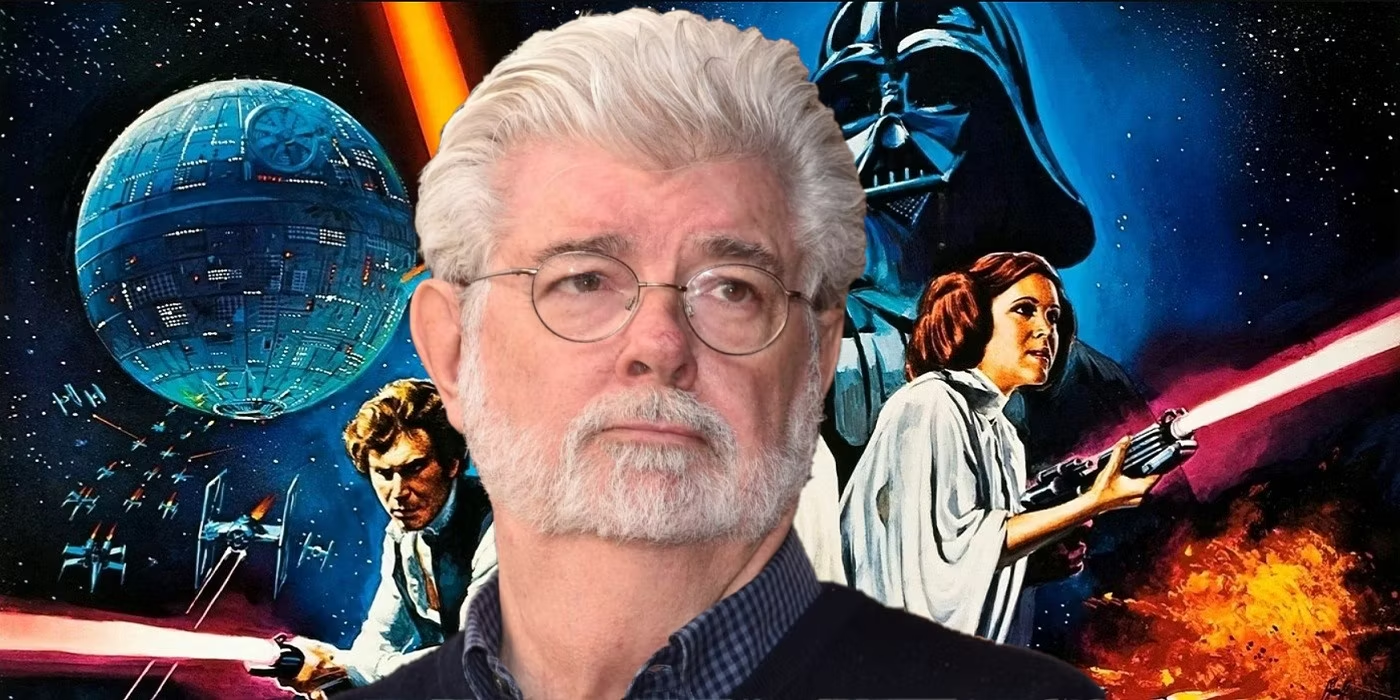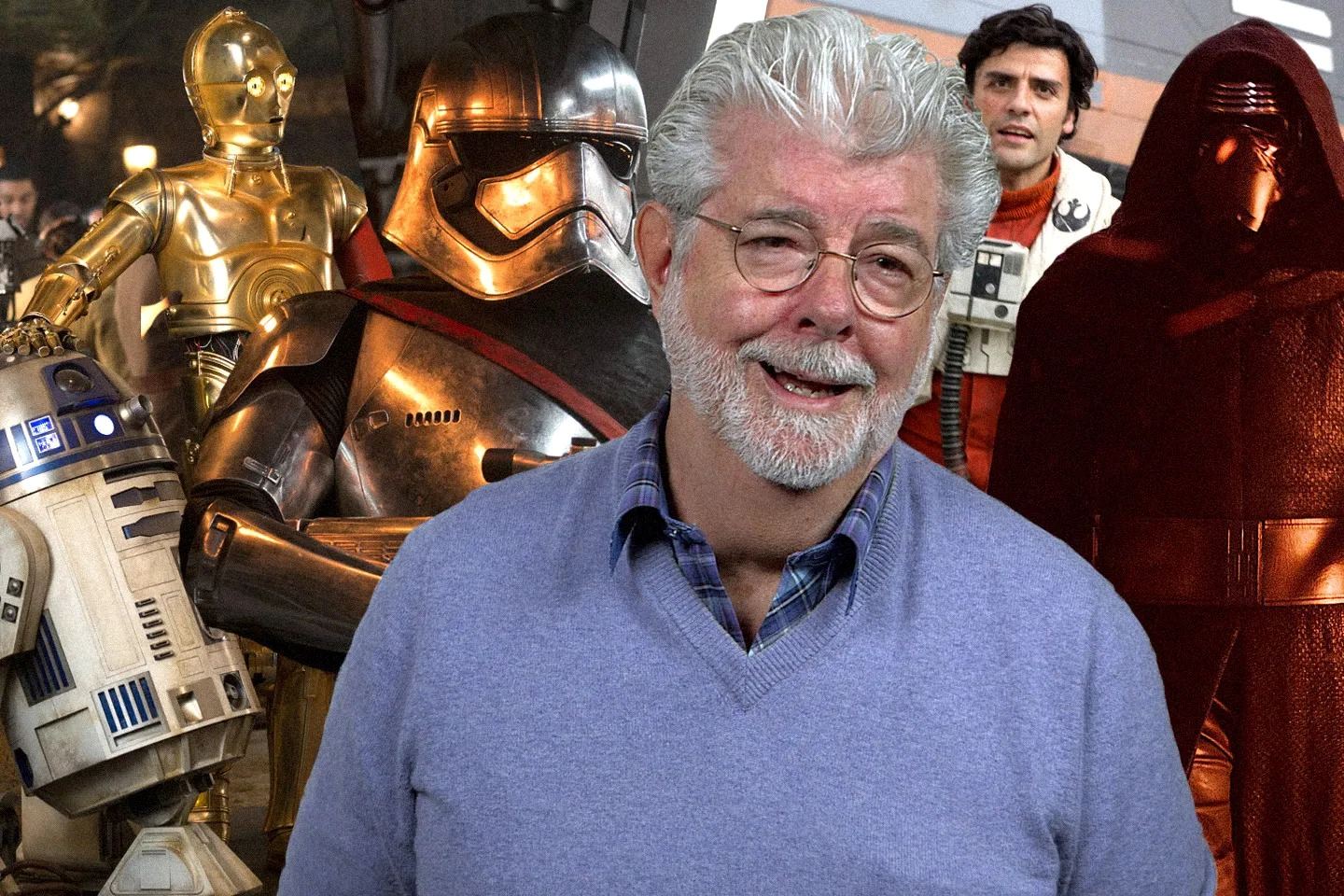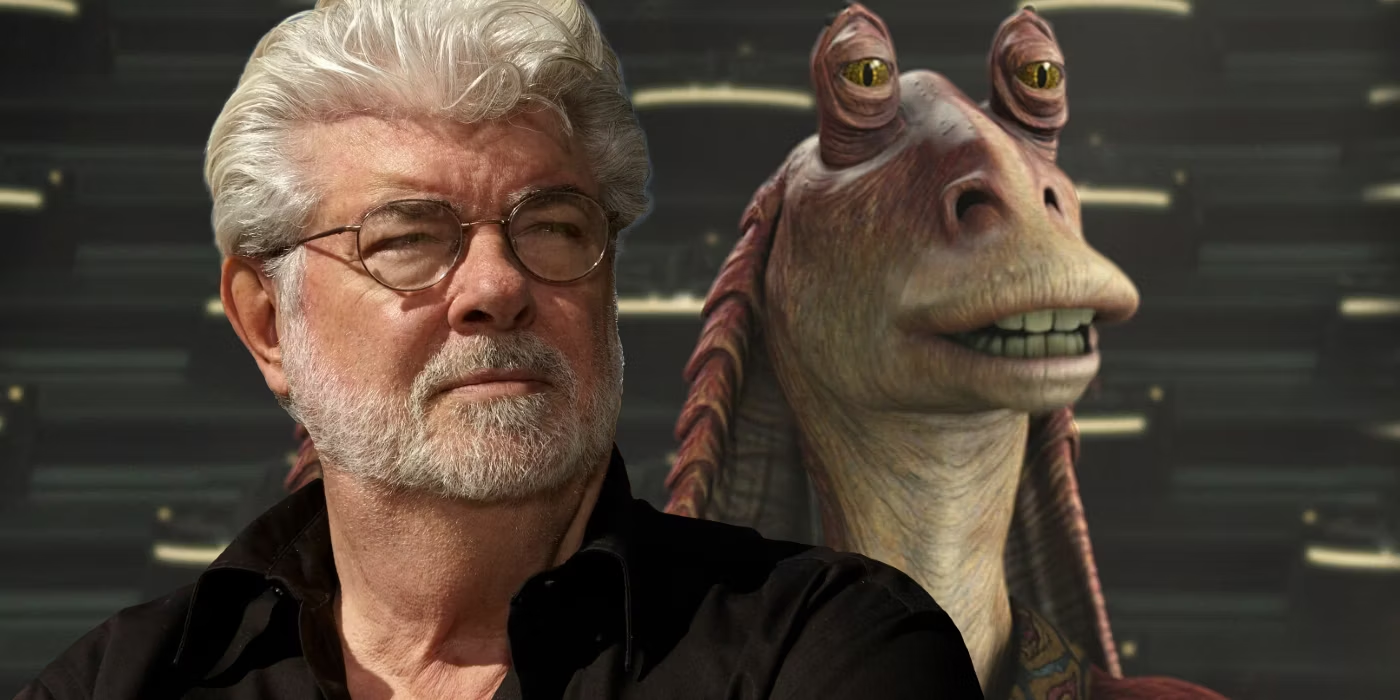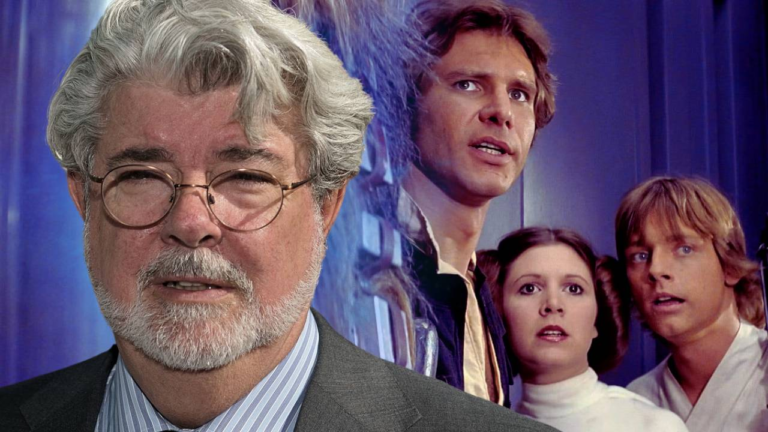In the realm of sci-fi entertainment, few names are as resonant as George Lucas, the mastermind behind the Star Wars saga. Known for transporting audiences to a galaxy far, far away, Lucas’s decision to create a universe centered on mystical forces and interstellar battles was not made lightly. During the 1970s, cinema was a prime medium for addressing the raw nerves of social and political issues. Yet, Lucas chose a different path, one that would shape his career and influence generations to come.

The Birth of a Blockbuster Instead of a Protest
In 1977, with the release of Star Wars (later retitled Star Wars: Episode IV – A New Hope), Lucas brought to life a story that was initially viewed as an ambitious, if risky, venture in the sci-fi genre. Previously successful with the coming-of-age film American Graffiti, Lucas faced skepticism about his next project. In an enlightening discussion before the release of Star Wars, Lucas shared his thoughts with American Film Magazine:
“Rather than do some angry, socially relevant film. I realized that there was another relevance that is even more important — dreams.”
This declaration wasn’t just a passing comment but a firm statement about the power of fantasy and imagination over direct social commentary. At a time when America was still grappling with the shadows of the Vietnam War, Lucas saw a different kind of relevance—a cinematic escape that allowed audiences, especially younger ones, to believe in a universe of possibilities beyond the harsh realities of their world.

Lucas’s Artistic Integrity and the Evolution of Star Wars
As the Star Wars franchise grew, so did Lucas’s resolve to maintain control over his creations. The original trilogy, beloved and revered by fans, underwent several changes initiated by Lucas himself. These alterations were not without controversy, but they underscored an essential aspect of Lucas’s philosophy about filmmaking.
Speaking to Wired in 1997 while developing the prequel trilogy, Lucas was candid about his views on modifying his films:
“It’s my artistic vision. If I want to go back and change it, it’s my business, not somebody else’s.”
This sentiment was echoed years later at the Cannes Film Festival in 2024, long after Lucas had sold Lucasfilm and stepped back from active filmmaking. His unwavering stance on artistic autonomy serves as a testament to his belief in the filmmaker’s right to adapt and evolve their work as they see fit.

The Legacy of Choosing Fantasy Over Reality
George Lucas’s choice to prioritize a tale of fantasy over a socially relevant narrative has left an indelible mark on cinema. The success of Star Wars demonstrates that sometimes, the most profound societal impact can come not from mirroring reality but from offering a respite from it. Lucas’s commitment to his vision ensures that his films, much like the dreams he aimed to inspire, remain timeless in their appeal.
In crafting a universe that continues to enchant and engage, Lucas did not just reject the idea of making a “socially relevant film”; he redefined what relevance could look like in cinema, proving that sometimes the greatest revolutions come not from confrontation, but from the power of dreams and storytelling.
